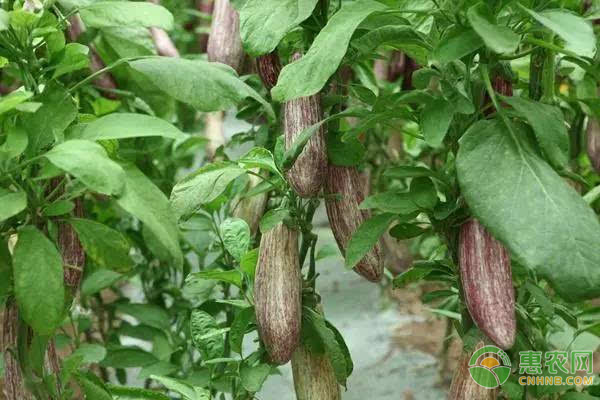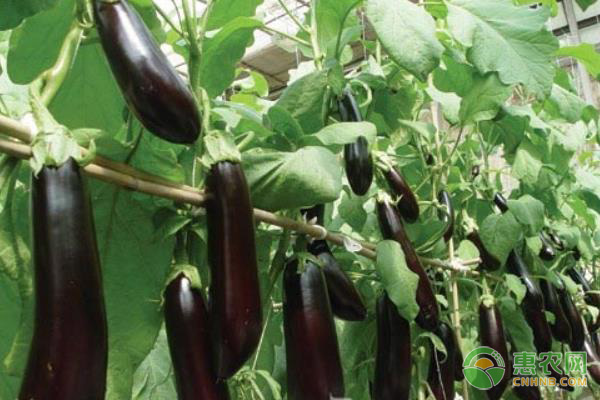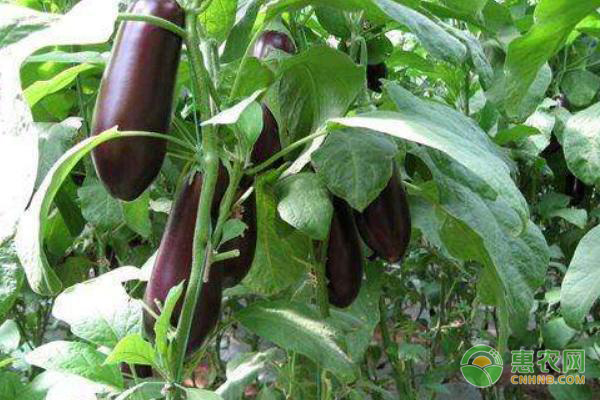Eggplant prefers high temperature, and the time and intensity requirements for light are relatively high. Eggplant is also fascinated by water, and when the soil is humid and poorly ventilated, it is easy to cause roots, and the air humidity is also prone to disease. Nowadays, many vegetable farmers have grown rotten leaves and rot in eggplants grown in greenhouses. This is a bacterial soft rot. This kind of disease is generally more likely to occur in autumn and winter. In these two seasons, there is more dew in the greenhouse, causing too much water, and there will be rotten fruit and rotten leaves. How to reduce the dew inside the greenhouse? First, increase the temperature in the greenhouse. The temperature inside the greenhouse is different, and the air humidity is different. After the humidity reaches a certain state, if the temperature is lowered again, the moisture in the air will become dew. The greater the temperature difference, the more dew. Farmers should supplement the insulation in the middle of the greenhouse. It is best to use the greenhouse to warm the block at night to prevent the temperature from falling too fast and produce a lot of dew. Second, scientific ventilation and moisture. 1. In the morning, keep the insulation open, keep the time for about 1 hour, and open a small mouth ventilation. As the temperature gets warmer, the vents gradually increase. 2. When the temperature in the greenhouse reaches 25 degrees in the afternoon, turn off the vents. When the temperature in the greenhouse reaches 20 degrees, close the vents. 3. Before the insulation is put down in the evening, the vents are ventilated for 15 minutes or so, and a row of moisture is discharged, which can also reduce the dew. Third, thin leaves. In order to reduce the evaporation of water, eggplant also needs to be leafless. Generally, you will choose a continuous sunny day to remove a portion of the lower and inner leaves of the eggplant, so that the eggplant can be kept ventilated and light. But the petiole cannot be removed, it must be kept. After the leaves are removed, spray some chemicals in time to avoid bacterial infection. Fourth, the straw is laid. Straw can regulate humidity, absorb water at night, and can be dispersed during the day. This humidity is in a stable state and can also reduce dew. Many farmers will lay some straw in the operation line. In the growth process of eggplant, it is also necessary to prevent the prosperous situation, and the extra leaves should be removed in time so that the shed can maintain ventilation and light. After the leaves are removed, some chlorophyll should be sprayed, and the nutrients should be replenished in time to make the leaves smaller and the stems thicker. The eggplant's disease resistance is also enhanced, and the chance of getting sick can be reduced. When the eggplant has rotten roots and rotten fruit, it must be paid attention to. Master the above methods, correct the medicine, and improve it in time. Then the phenomenon of rotten roots will definitely be suppressed. Medicine Granules,Granules Medication,Ephedra Licorice Granules,Flunixin Meglumine Granules Sichuan Aibang Weiye Biological Engineering Co., Ltd. , https://www.aibangpharm.com

